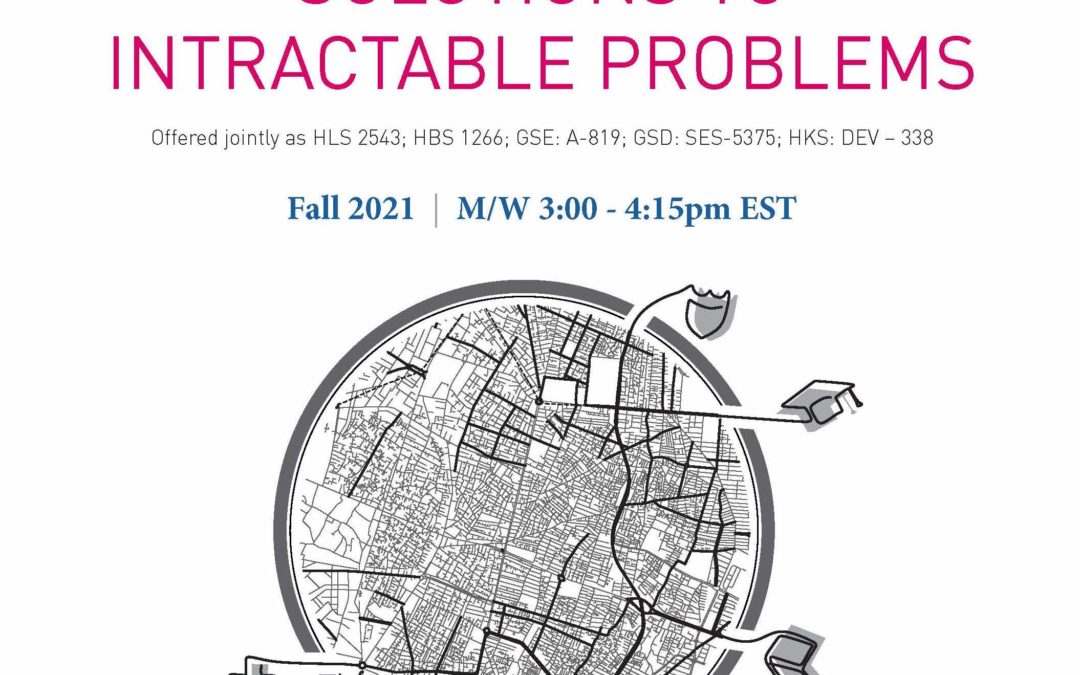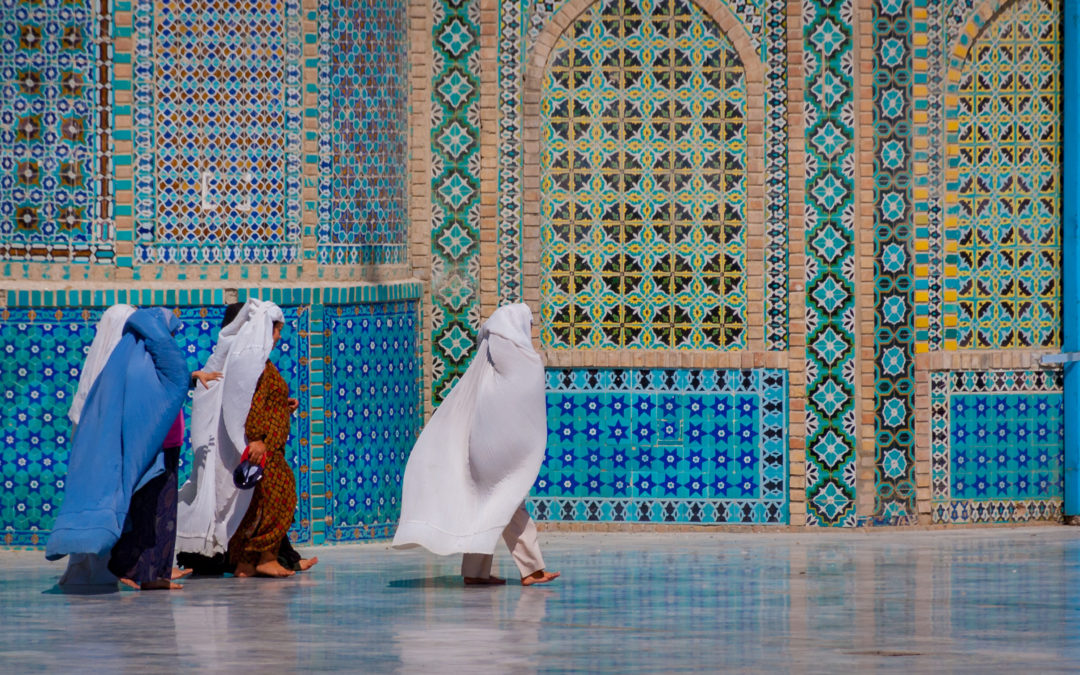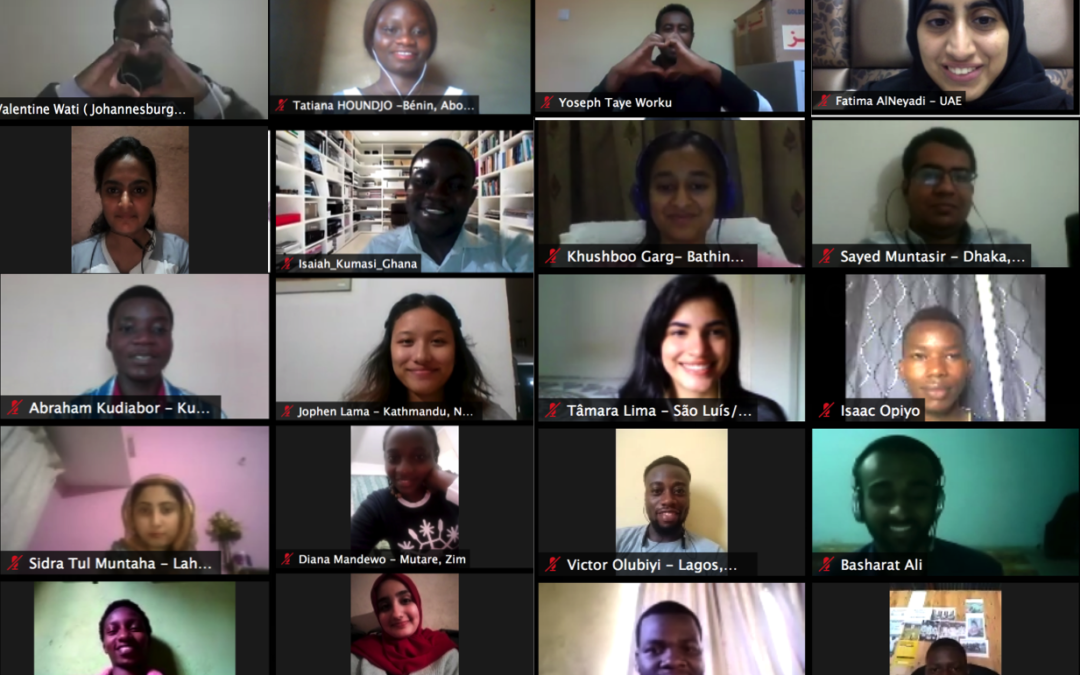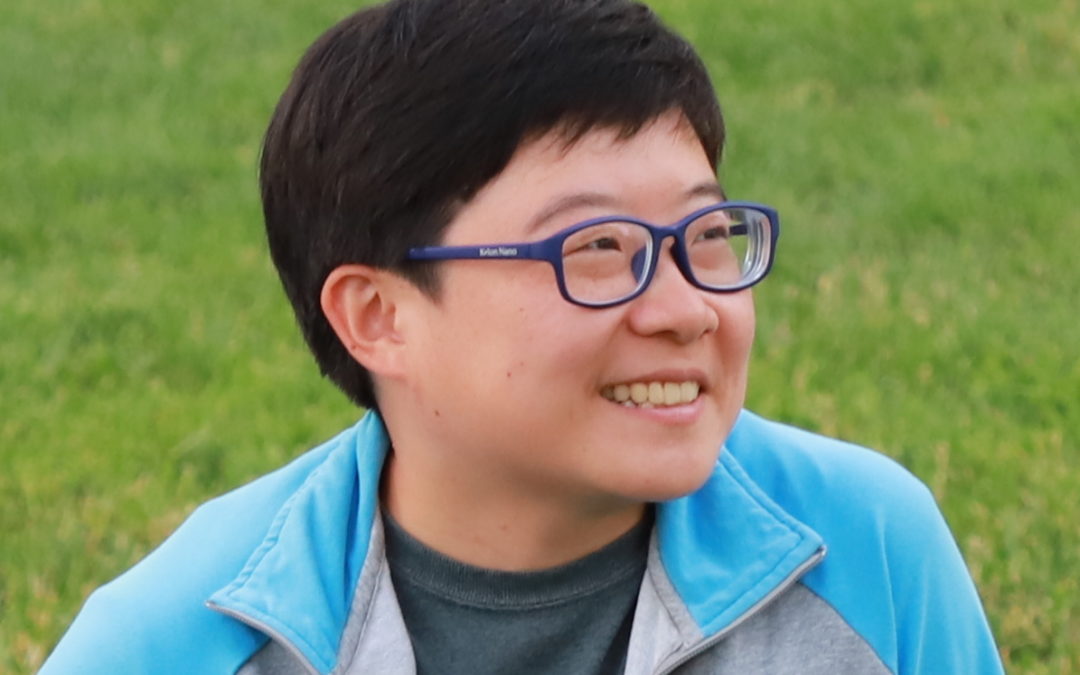This Fall: Explore Social and Economic Problems Facing Developing Countries, and How Individuals Can Contribute to Solutions with GENED 1011



On behalf of the team at the Mittal Institute, our hearts are with the people of Afghanistan, who are reeling in the wake of new unrest. Over the past few decades, the people of Afghanistan have experienced large-scale and ongoing violence and conflict, with recent events only adding to this turmoil and resulting suffering. Our thoughts are with the Afghan people as they look to chart a new path forward – with the necessary support from their partners in the international community – to address their needs, and ensure that the rights and safety of the most vulnerable in their midst are upheld and respected. During this crisis, the Mittal Institute would like to bring attention to how our community can stay informed on what’s developing in Afghanistan, and ways that they can help.

In the below article, which appeared in BMJ Global Health, authors Nivedita Saksena (Harvard TH Chan School of Public Health, FXB Center for Health and Human Rights and the inaugural IDHN Fellow at the Mittal Institute), Rahul Matthan (Takshashila Institution, Bengaluru, India), Anant Bhan (Centre for Ethics, Yenepoya (Deemed to be University), Mangalore, Karnataka, India), and Satchit Balsari (Department of Emergency Medicine, Harvard Medical School / Beth Israel Deaconess Medical Center and Mittal Institute Steering Committee member) explore India’s National Digital Health Mission’s goal of creating a system of electronic health records that capture data, with the patient’s consent.

The Lancet Citizens’ Commission on Reimagining India’s Health System jointly hosted a webinar with Dvara Research and HBS Health Care Initiative on the role of commercial health insurance in providing better health outcomes and improved financial protection in India. Here, our panelists explore the question of demand for insurance, the lessons for countries such as India from global experiences on commercial insurance, and how the models can be adapted to suit low-income consumers and more.

Since its inauguration in 2017, the Crossroads Emerging Leaders Program (CELP) has been devoted to engendering a transformation in the lives of first-in-family college students globally. By providing an array of educational resources, direct connections to Harvard faculty, mentorship opportunities, and affinity networks, CELP identifies and supports young people around the world in reimagining their academic and professional futures, fostering “success” through locally-grown, aspirational narratives, and in the process, building cohorts of next-generation leaders. This past month marked the conclusion of the fourth iteration—and second virtual iteration – of the program.

The third monthly webinar by the Lancet Citizens’ Commission featured eminent personalities from Governments in Mexico & Thailand, leaders from global non-profits & research institutions. The panel explored cross-national variations in levels of public health investment and political prioritisation of health system improvements. With insights from those involved in the reforms or who have studied the motivations for reforms, this panel brought together global comparative insights into when, why, and what consequences political leaders have invested more in health.

Art is a lifeblood of society, and its place at the Mittal Institute is stewarded through an Arts Program that offers such programming as the annual Visiting Artist Fellowship (VAF). This eight-week research fellowship at Harvard connects artists from South Asia with Harvard’s intellectual resources. The Fellowship provides a platform for four mid-career artists to conduct independent research that explores critical issues in South Asia through the lens of art and design. Interested applicants can now apply to join the Spring 2022 cohort – applications are due on Tuesday, August 10, 2021.

The Mittal Institute, with the support of the Harvard T.H. Chan School of Public Health and the Lancet Citizens’ Commission on Reimagining India’s Health System, organized a series of panel discussions by leading scientists and frontline clinicians on the latest evidence-based updates for COVID-19 care. Our goal through these talks is to assist with the management of COVID-19 and improvement of health outcomes in South Asia.

Bennett Comerford, a second year Graduate Student Associate with the Mittal Institute, is a doctoral candidate in the Committee on the Study of Religion at Harvard University. His work focuses on the intersections of religion, literature, race and coloniality in nineteenth-century Bengal. He is a past recipient of language and research fellowships in Bangladesh and India. The Mittal Institute sat down to learn more about Bennett and his research.

Each year, the Mittal Institute’s Seed for Change competition encourages Harvard students to develop a vibrant ecosystem for innovation and entrepreneurship in India and Pakistan. Grant prizes are awarded to interdisciplinary student projects that positively impact societal, economic, and environmental issues in India and Pakistan. One Winter 2020 recipient was “Sahayak,” the brainchild of Ambika Malhortra ’20, Aeshna Prasad ’21, Harvard Graduate School of Design alumnae who both earned a Master of Architecture in Urban Design.

During the COVID-19 pandemic, schools globally have wrestled with the challenges of delivering hands-on learning projects. Enter the Soft Robotic Toolkit, part of the Mittal Institute’s Multidisciplinary Approach to Innovative Social Enterprises, supported by Tata Trusts. This program, as detailed in a MI November interview, uses active, hands-on pedagogy to provide cutting edge, high-quality STEM learning. The project provides students with kits, each of which contain the parts and instructions to create a soft robot, teaching students everything from the creation of silicone materials to the assembly of pieces.

Tianjia (Tina) Liu, who newly joins the Mittal Institute as a Graduate Student Associate for academic year 2021-2022, is a Ph.D. Candidate in the Department of Earth and Planetary Sciences at Harvard University. She is a NSF Graduate Research Fellow and affiliated with the Atmospheric Chemistry Modeling Group. Her research focuses on using satellite data and atmospheric modeling to quantify the impacts of fires on air quality and public health in India, Indonesia, and globally. Prior to attending Harvard, Tina received her B.A. in Environmental Science at Columbia University. The Mittal Institute interviewed Tina about her interdisciplinary research, in a Q&A that follows.